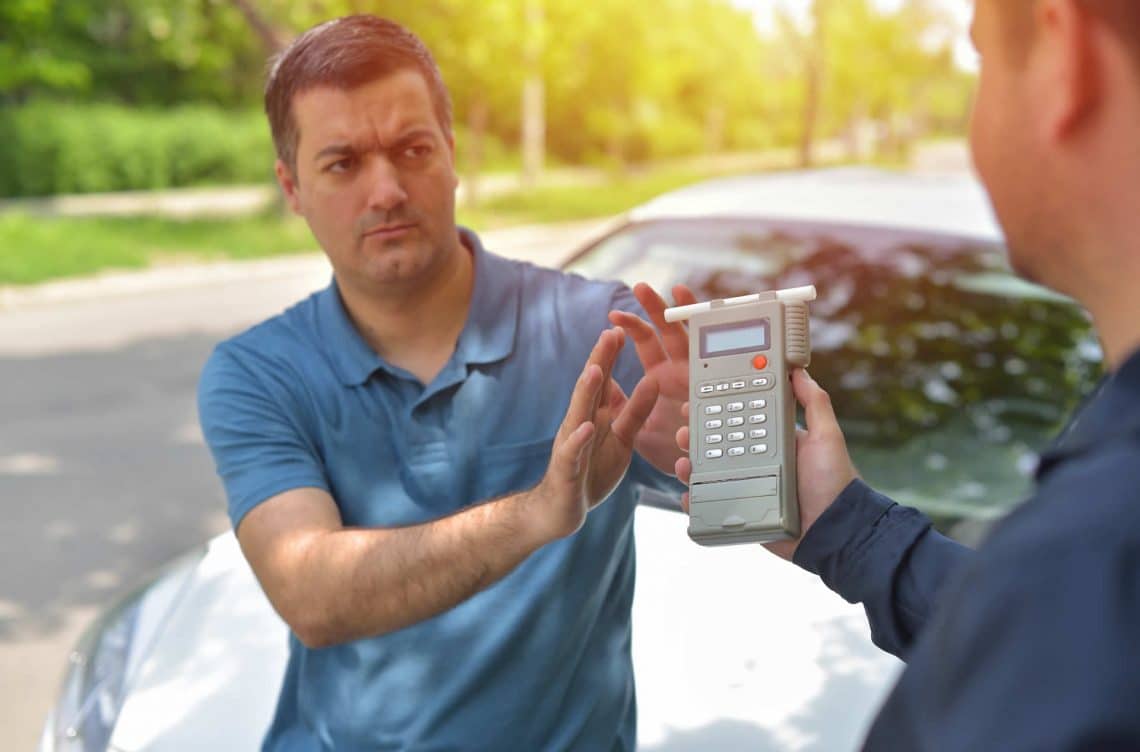
New York is a “implied consent” state, which means that, when you receive a driver’s license from New York State, you consent to taking a chemical test (sometimes called a “breathalyzer” test) if you are arrested by an officer who has reason to believe that you have been driving while intoxicated, and has probable cause to test you. This test may use your breath, blood, urine or saliva.
Before going further, be aware that refusing the chemical test carries a significant consequence in itself.
If it’s the first time you’ve refused a chemical test and have never been convicted of DWI, there is a $500 fine and one year suspension of your license. Refusing for the second or third time, or refusing for the first time after being convicted of DWI already, means a $750 fine and a 18-month suspension of your license. Any additional times after this may lead to the permanent revocation of your license.
If you this is your first DWI charge, be aware that you may receive a conditional license, and full license privileges back much quicker than a year. However, there are much bigger fines and legal consequences when convicted of DWI, or even of DWAI.
Here are some reasons why you may not want to refuse a chemical test.
- You took the Field Sobriety Test and failed it
- You have consumed very little or no alcohol. In other words, you think a test would not even be close to the legal limit.
- Your livelihood depends on having a driver’s license, and this is your first DWI, or you haven’t been convicted of DWI in the last ten years.
- There is a plea bargaining policy in the county you are being charged in, and you do not think you are close to the aggravated DWI limit (.16 or above)
Here are some reasons and situations where you would probably want to refuse a chemical test.
- You refused the Field Sobriety Test, or performed it and “passed”. (the latter is unlikely if you have gotten to the chemical test stage)
- You have consumed a lot of alcohol, especially if you are in a non-plea bargaining city or county.
- You have been involved in an accident involving serious injury or death.
- You have been convicted of DWI in the last 10 years.


Write a comment: